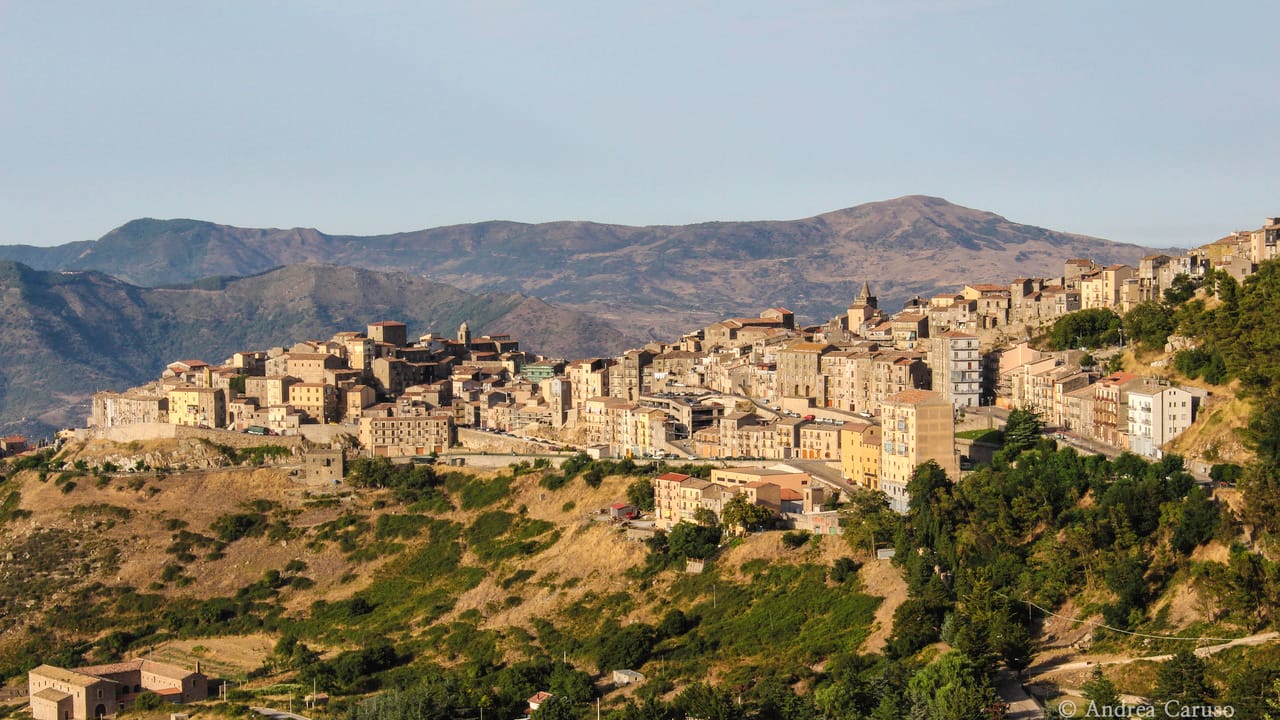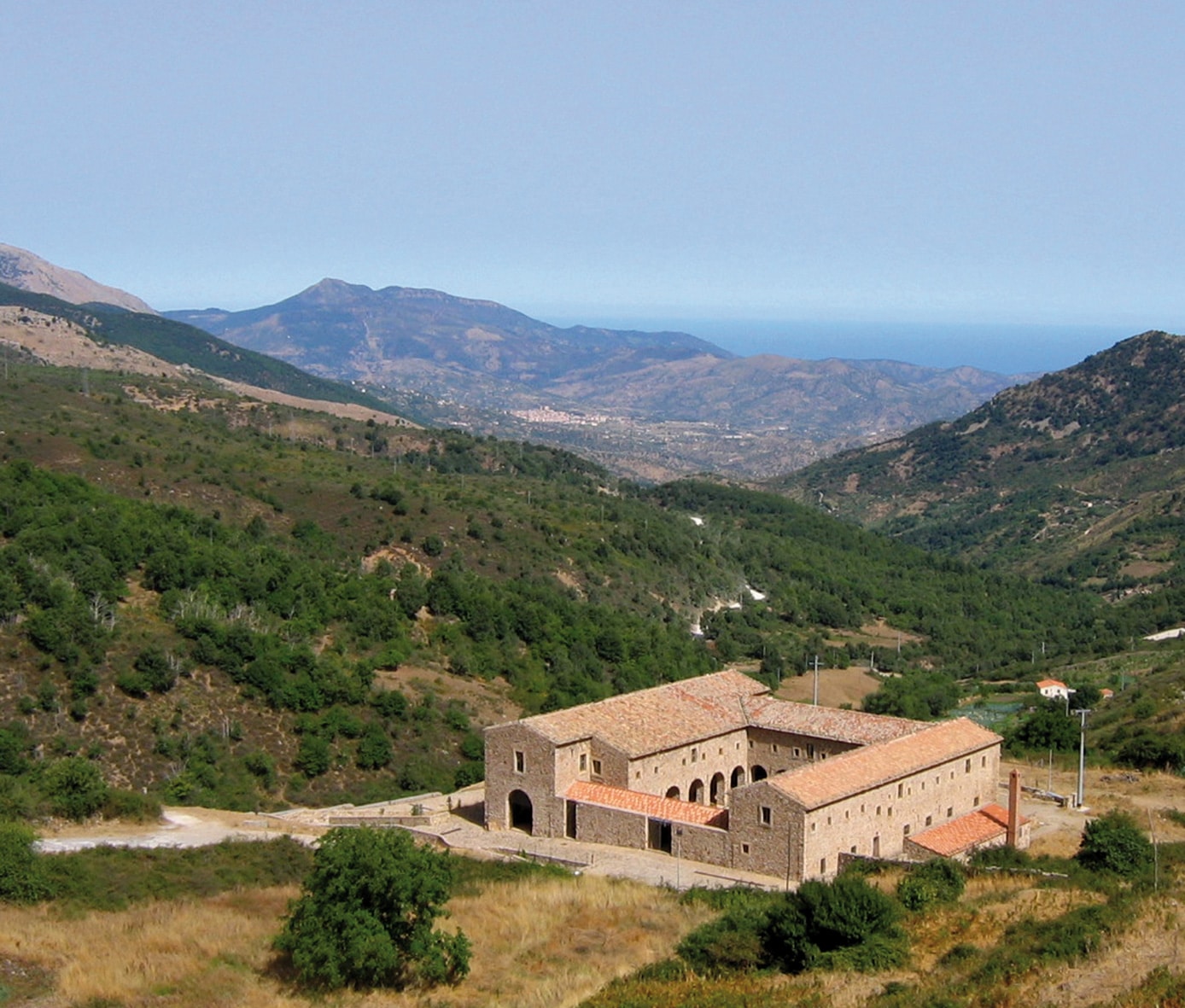The Ethnoanthropological Museum of the Madonie in Geraci Siculo is located inside the historic 17th-century Convent of the Capuchin Fathers. Founded in 1983 by Vincenzo Piccione and officially established in 1985, the museum è a jewel for lovers of culture and history. It collects and presents a variety of testimonies and artifacts related to the local agro-pastoral and artisan culture, offering visitors a fascinating overview of the traditions, customs and festivals of the Madonite communities.
The museum offers an immersive experience, with reconstructions of the typical work cycles of the Madonie region and demonstrates the richness of local traditions. Prominent exhibits include a rare example of a 19th-century wax funerary mask, the only one of its kind in the Madonie. Among the artistic works, the Transfiguration canvas by Giuseppe De Garbo from 1794 and the fine small canvas of the “MATER SALVATORIS” attributed to a 16th-century Flemish artist are of note.
The museum’s collection of works of art includes a painting of the Transfiguration by Giuseppe De Garbo from 1794.
Inside the Convent of the Capuchin Fathers, you will also find the historic library of the Capuchin Fathers, returned to its original location after more than a century and a half. This valuable library houses more than 1,500 books dating from the 16th to 19th centuries, including ten books from the 16th century and a valuable volume from 1596: De arte venandi cum avibus by Frederick II.
The Ethnoanthropological Museum of the Madonie also houses the Municipal Historical Archives “Ventimiglia” of Geraci Siculo. The Archives preserves important documents related to the political and administrative activities of the city from the 16th century until the mid-20th century. Prominent among the various archival funds is the one relating to the Mount of Pietà of the Holy Savior and a deed from the 1500s with the seal of the”Universitas Hyeracij”
.
The museum also has a Congress Hall inside the former convent church of Santa Maria Assunta, capable of accommodating up to 200 people and equipped with amplification and video projection system. Thusì the Ethnoanthropological Museum of the Madonie is not only a treasure trove of history and culture, but also an ideal venue for events, conferences and exhibitions.



